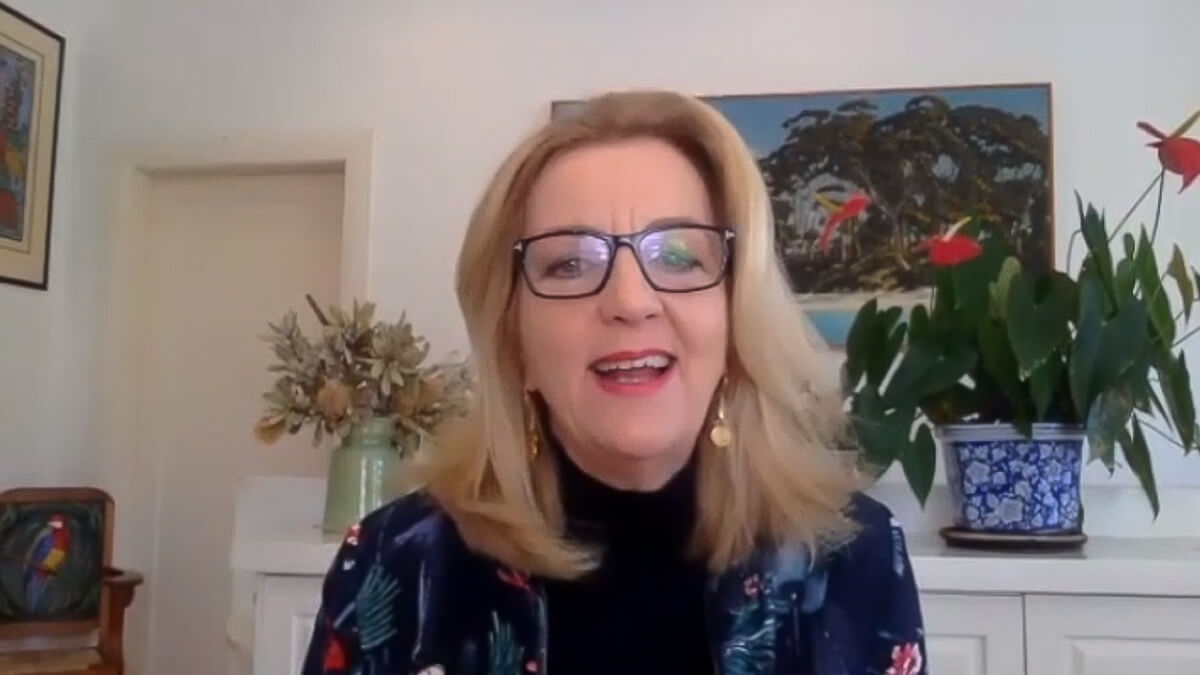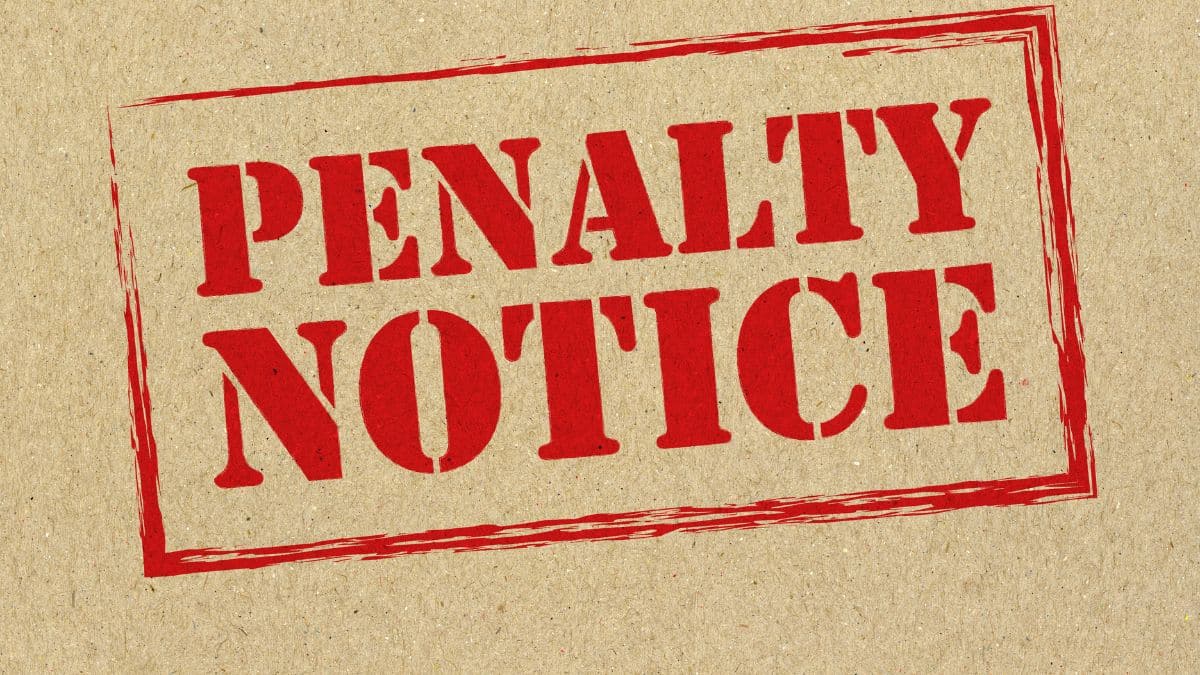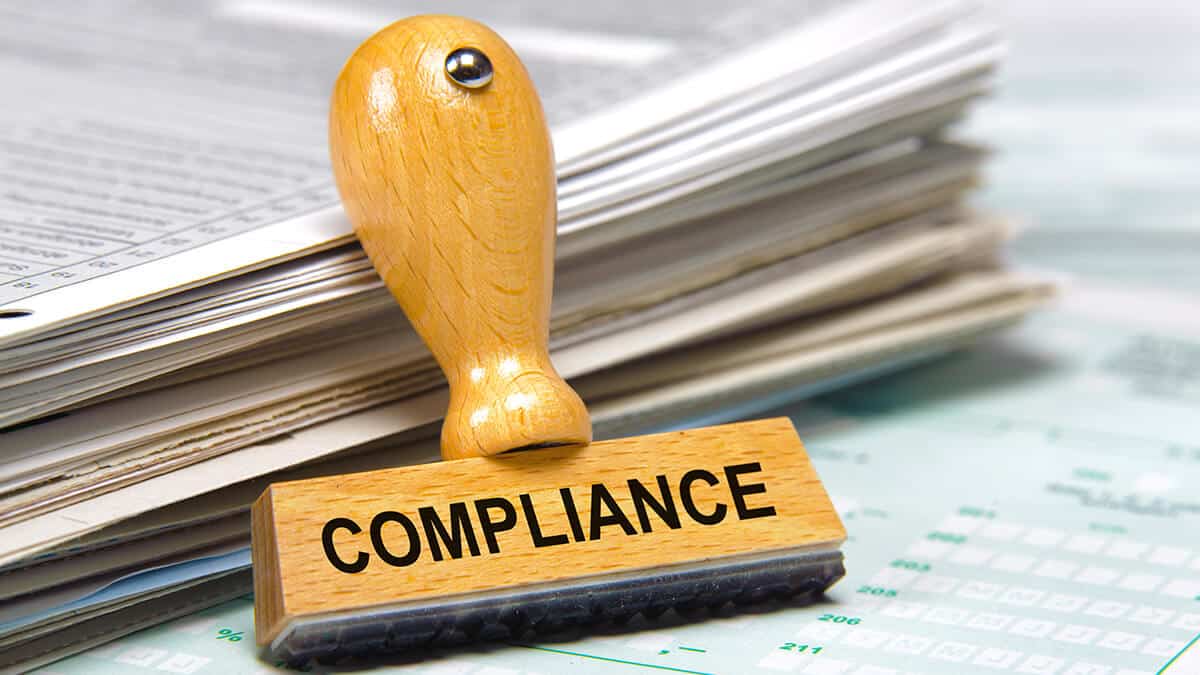In this guide
Mental illness and loss of capacity affect millions of Australians every year, yet these issues don’t receive the coverage and attention they deserve.
What we often overlook are the flow on issues that occur where the capacity of an individual diminishes and where that individual acts in other roles, for instance as a director of a company or as a trustee of a trust including a self-managed super fund (SMSF). The effects on these entities can be significant and, in some cases, can jeopardise the retirement savings of the individual and other members of an SMSF.
In this article we will look at how we can reduce this risk by implementing simple yet effective safeguards.
Background
A fundamental requirement for all SMSFs is that every member of the fund must also act as a trustee for the fund or as a director of the corporate trustee. This ensures that each member has a say in the way their retirement savings are managed and that every member is responsible for the ongoing compliance of the fund.
If this fundamental requirement is not satisfied, the fund will fail to meet the definition of an SMSF, which could eventually lead to the loss of tax concessions the fund would otherwise receive.
The trustee appointment rules are usually addressed on the establishment of the SMSF, with the appointment of all members into the appropriate position as trustee or director. But keep in mind that this is an ongoing requirement; that all members remain as a trustee or director for the entire period that they remain as a member of the fund.
As you would expect, if an event occurs that precludes a member from acting as a trustee, it can create a major problem for all members of the SMSF, not just themselves.
One such event is the loss of capacity.
Why is the loss of capacity an issue for an SMSF?
The wording of most SMSF trust deeds will include rules that come into effect if a member does lose their capacity to act in their role as a trustee or director.






























